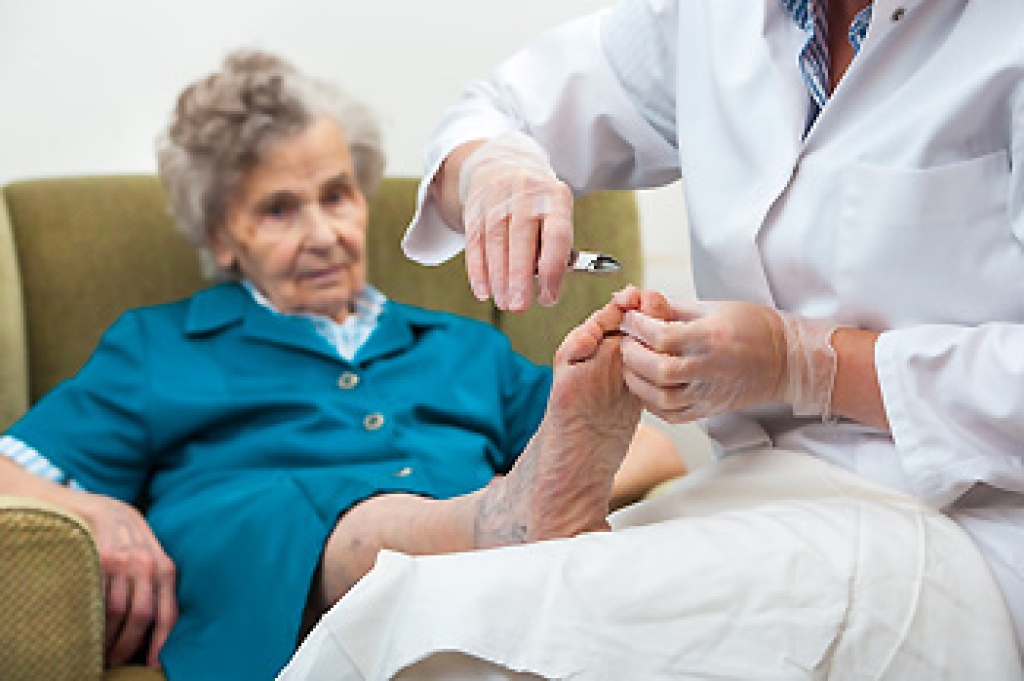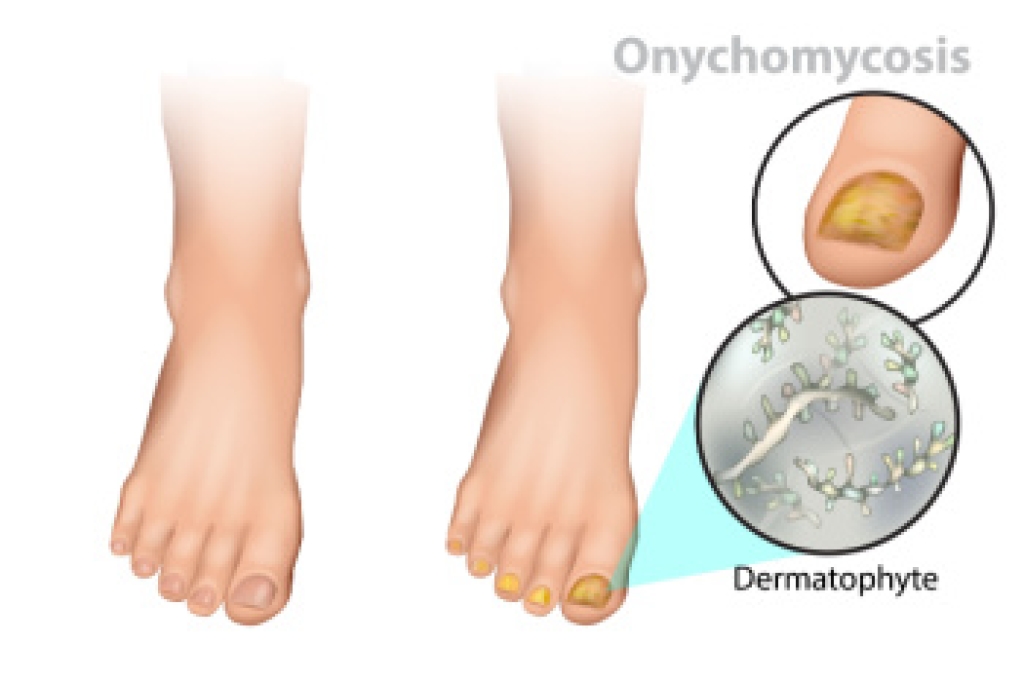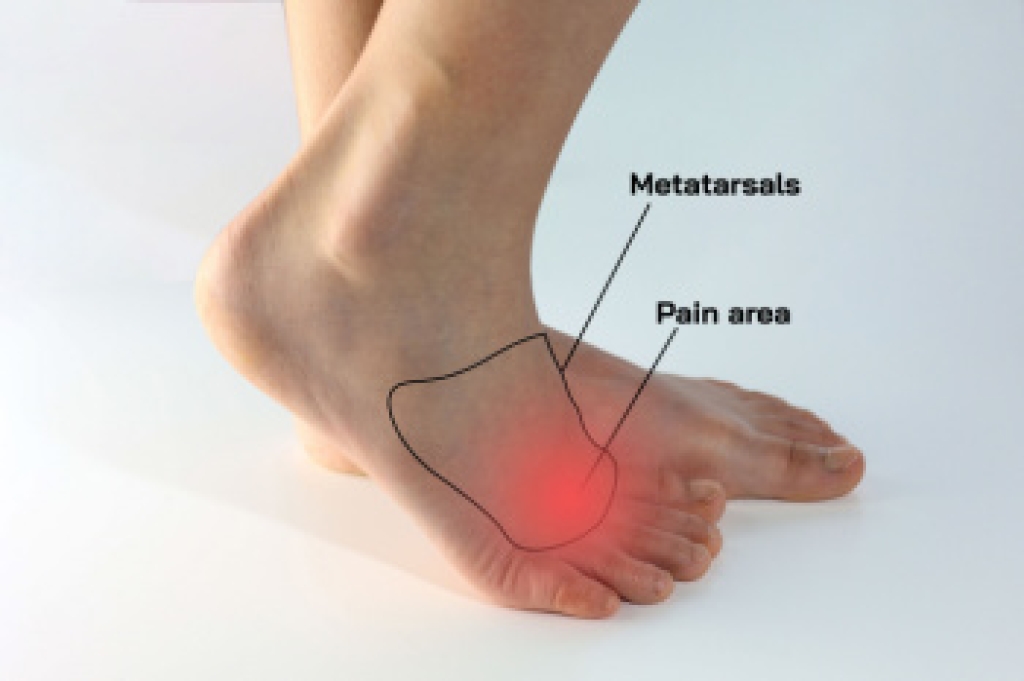
Spending most of the day standing can place steady pressure on the feet, ankles, and lower legs. Over time, this constant load may lead to aching arches, heel discomfort, swelling, or tight calf muscles. Some individuals also develop calluses, changes in posture, or fatigue that spreads into the knees or lower back. Hard floors, wearing unsupportive shoes, and limited opportunities to rest add to the strain and make recovery slower. Small changes such as choosing footwear with cushioning, taking brief seated breaks, and stretching during the day can help reduce stress on the feet. Paying attention to early signs of discomfort allows you to address concerns before they interfere with work or daily routines. If soreness becomes persistent or affects your movement, it is suggested that you schedule an appointment with a podiatrist for personalized care.
While working on the feet, it is important to take the proper care of them. For more information about working on your feet, contact David K. Morris, DPM from Florida. Our doctor will treat your foot and ankle needs.
Working on Your Feet
Standing on your feet for long periods of time can cause stress and pain in your feet. Your whole body may experience change in terms of posture, back pain, bunions, callouses and or plantar warts. There are ways to avoid these conditions with proper foot care, smart choices and correct posture.
Positive Changes
Negative heeled shoe – Choosing this shoe type places the heel slightly lower than the ball of the foot. These are great for overall foot health. Find shoes that fit you correctly.
Go barefoot – Our feet were not designed to be enclosed for all hours of the day. Try to periodically expose your feet to air.
Eliminate Pain
Foot Exercises – Performing simple exercises, incorporating yoga and doing stretches are beneficial. This will allow increased blood flow to the area and muscles of the foot.
Achilles tendon – Stretching the foot out flat on the floor will relax the calf muscles and tendon. These exercises can be performed almost anywhere. Make sure you add these exercises to your daily regimen.
With a little bit of this information and knowing more about foot health, you will notice changes. Foot stretches and proper footwear will help with pain and prevent further issues.
If you have any questions please contact our office located in Plantation, FL . We offer the newest diagnostic and treatment technologies for all your foot and ankle needs.







